Every Tet and holiday season, there are cases of price gouging. Inspections and fines are carried out, but nothing works. How can we stop this problem?
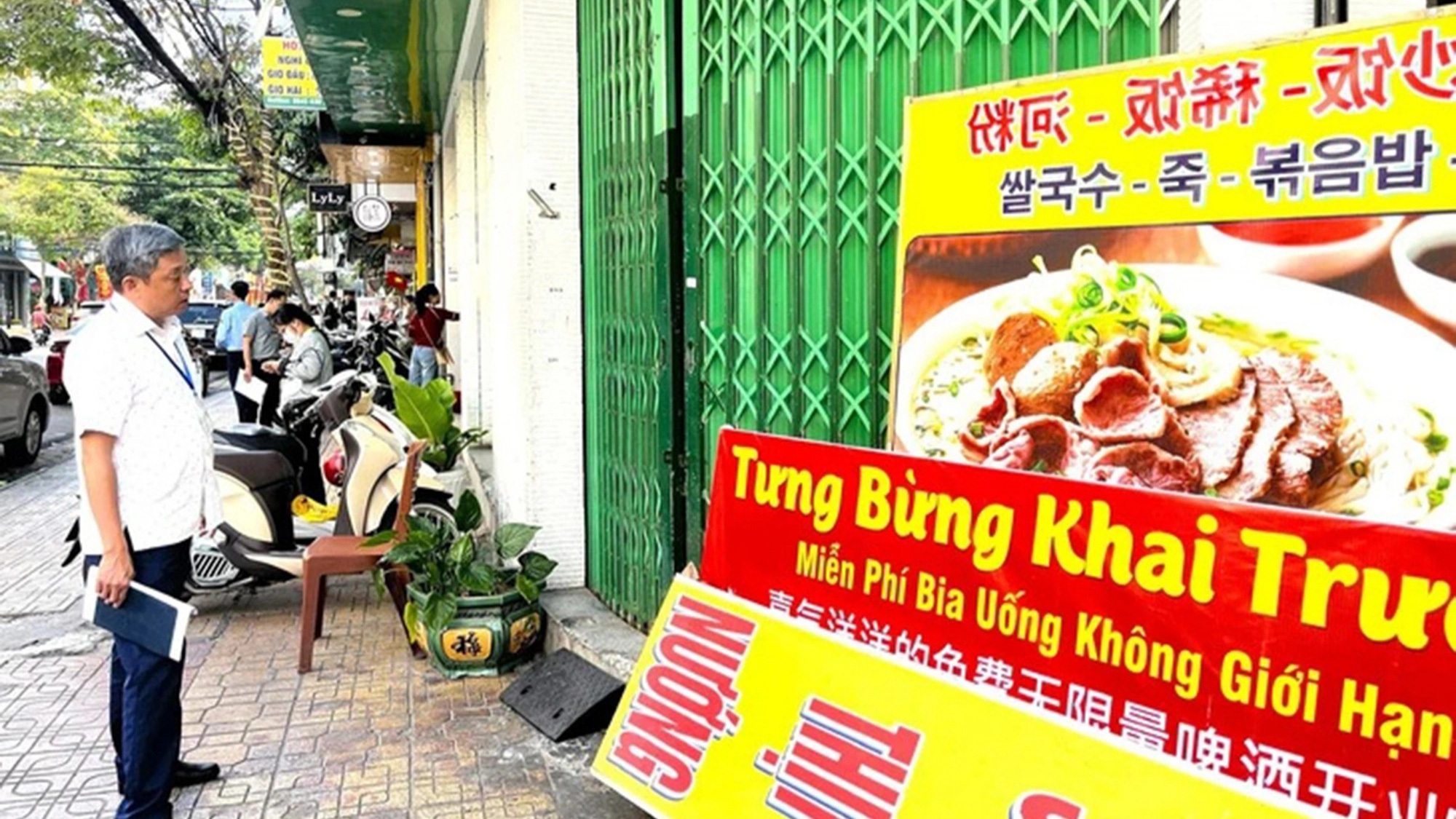
The inspection team inspected Aroma Beach restaurant (Nguyen Thien Thuat street, Tan Tien ward, Nha Trang city) after receiving information that this restaurant "ripped off" tourists on the afternoon of February 5 - Photo: NGUYEN HOANG
Many people say that those "rip-off" businesses should be left to the market to decide. But letting the market decide the face of Vietnam's tourism has already been ruined by this problem.
Just type in the keyword "price gouging" on Google search bar and you will get millions of results in just a few seconds.
Since the beginning of the Lunar New Year holiday, there has been a constant stream of news about price gouging at food and beverage establishments. From Hanoi to Phu Yen and Khanh Hoa, the image of Vietnam’s tourism industry is being tarnished by these things.
In the Central and Central Highlands Tourism Development Conference held in Hue , early 2019, surely readers still remember the information "3.74 million articles related to price gouging". These statistics were given, what do you think about it. Horrible, right?
This situation has been going on since that conference. There is no end in sight, from one restaurant to another, from one province to another. Inspections, checks, fines, and then the same thing happens. One person’s punishment does not appease or deter others.
"Dong Ba divided into 3 to pay". Dong Ba market, Hue city was once associated with this verse. It reflects the reality of "ripping off" at the famous market in Hue. When the government stepped in to eliminate this type of trading, many measures were taken. These include fines, warnings, writing commitments not to repeat the offense, and relying on the smart urban system for management.
People even offered a reward of 500,000 VND to those who reported the situation of "price gouging". This was a drastic action to restore the image of Hue tourism and Dong Ba market. Every now and then, a few traders who were reported for "price gouging" and price gouging were called in for warnings and had their records taken. Although there are still a few people who intentionally violate the law, this problem has decreased a lot in Dong Ba market, thanks to the determination of the government and the market leader.
The fact that sellers "overcharge and raise prices" during the festival season and Tet is not a new thing in the provinces and cities. It is like measles and flu that break out in the season. "Overcharging and raising prices" is merciless when it happens in two cases: out-of-town customers and one-time customers.
Some service providers even think, "If a customer comes once, why not overcharge them? They may not come back." If you travel to another province and your accent is different from the locals, it's easy to get overcharged.
How to end this situation, to improve the image of Vietnam tourism? This question is not new, it is a difficult problem, without an answer. If forced to list prices, the shops will list them, but when given the opportunity, they will still "rip off". And then when something happens, they just say "joking" like the owner of the vermicelli shop, or when in a pinch, they say "it's the staff's fault?!" like the Aroma Beach shop in Nha Trang.
These "rip-off" business models not only affect tourists and shop owners, but also damage the image of the locality, gradually causing people to avoid them and leading to a long chain of effects.
Inspection and punishment are still not severe enough to be a deterrent. The reports and fines imposed on this shop or that shop still do not reduce the situation of "price gouging" during the festival season.
When the market is too large and government control cannot cover it all, the way Dong Ba market does things can be a lesson for other localities to refer to.
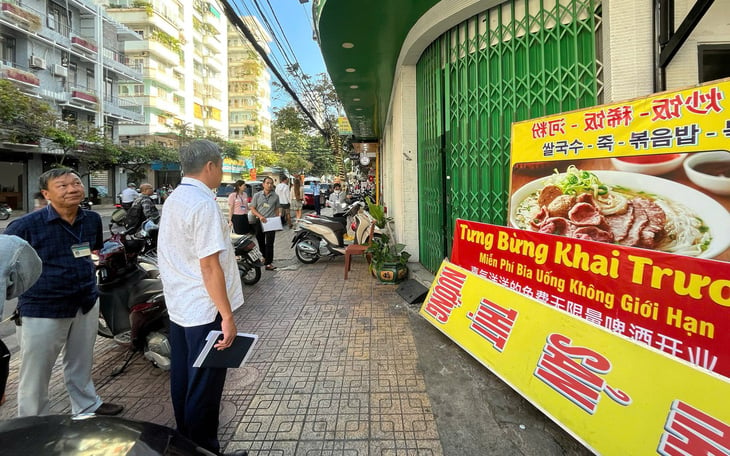 After ripping off customers, the sign was removed and the shop was closed.
After ripping off customers, the sign was removed and the shop was closed.Source: https://tuoitre.vn/cach-nao-to-giac-nguoi-lam-dich-vu-kieu-chat-chem-20250206230730941.htm



![[Photo] Hanoi morning of October 1: Prolonged flooding, people wade to work](https://vphoto.vietnam.vn/thumb/1200x675/vietnam/resource/IMAGE/2025/10/1/189be28938e3493fa26b2938efa2059e)

















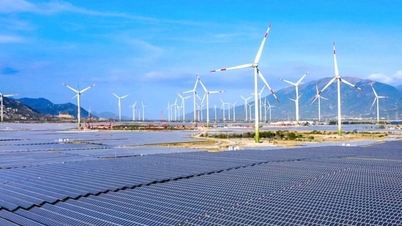





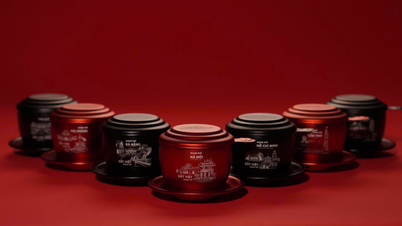





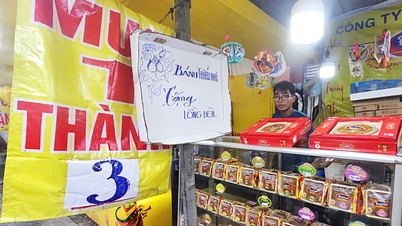




![[Photo] President Luong Cuong receives President of the Cuban National Assembly Esteban Lazo Hernandez](https://vphoto.vietnam.vn/thumb/1200x675/vietnam/resource/IMAGE/2025/9/30/4d38932911c24f6ea1936252bd5427fa)
![[Photo] Panorama of the cable-stayed bridge, the final bottleneck of the Ben Luc-Long Thanh expressway](https://vphoto.vietnam.vn/thumb/1200x675/vietnam/resource/IMAGE/2025/9/30/391fdf21025541d6b2f092e49a17243f)
![[Photo] The 1st Congress of Phu Tho Provincial Party Committee, term 2025-2030](https://vphoto.vietnam.vn/thumb/1200x675/vietnam/resource/IMAGE/2025/9/30/1507da06216649bba8a1ce6251816820)





















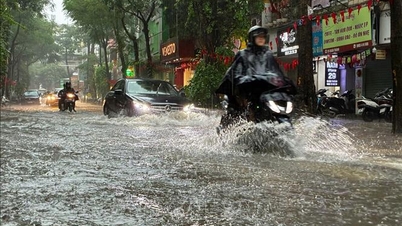

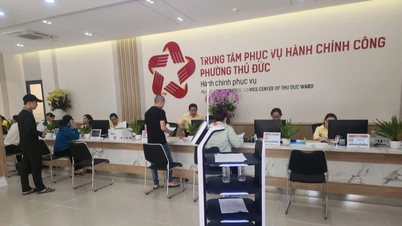




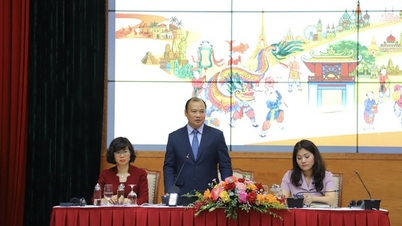



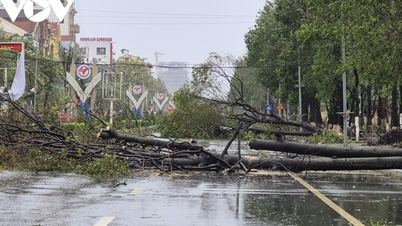

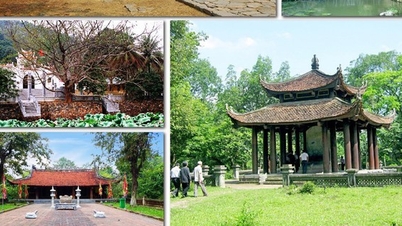


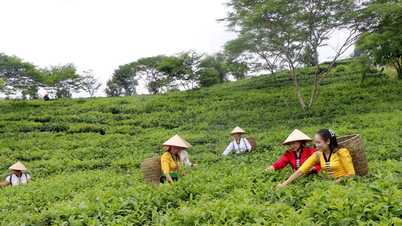

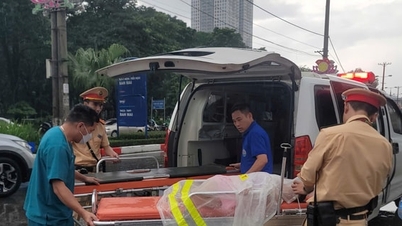

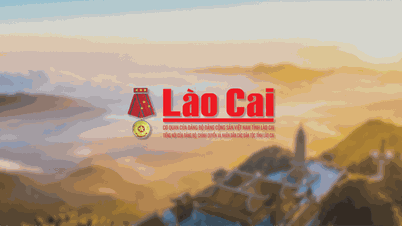
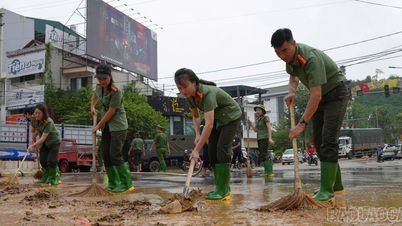















Comment (0)